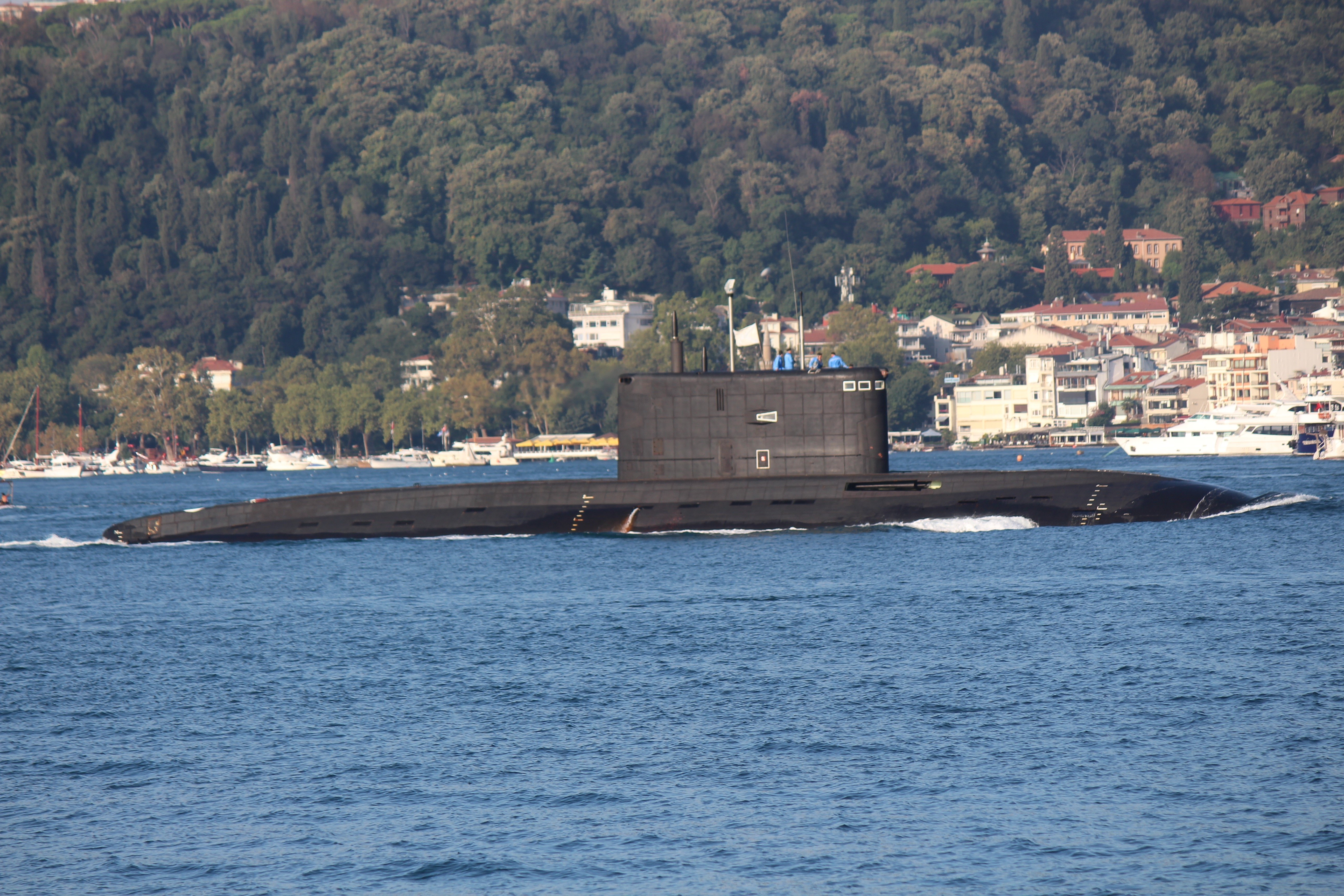
The “big bad world out there” will drive the United Kingdom and European Union to find ways to build a new foreign policy and defense relationships while both are suffering from economic and trade “teething problems” following Brexit, four leading security experts said Friday.
Speaking at an Atlantic Council online forum, Mark Sedwill, who until last year was the U.K.’s national security advisor, said London was “reluctant to see greater [security] integration through the E.U.” before Brexit, wanting a freer hand to act in what it considered its own interests. So far, bitter economic and trade issues from tariffs to Northern Ireland “are not spilling into foreign policy and security.”
The two largest reasons for London and Brussels to cooperate are Russia and China – and will remain so in the foreseeable future, the panel agreed.
Yet, there is no formal relationship between the EU and London on these issues.
Peter Westmacott, a former U.K. ambassador to the United States and France, said reaching an agreement on security cooperation in the Brexit negotiations seemed “a bridge too far.” The two sides agreed defense and foreign policy would be better examined “sensibly and adequately in the future.”
Retired French Air Force Gen. Stephane Abrial, who co-chaired the Atlantic Council report on London and Brussels’ future relationship, said it “may not be felt in the short term” in either foreign policy or security. Existing relationships in NATO, as well as the E3, or the United Kingdom, France and Germany, provide a buffer of time to work out arrangements on strategy, equipment and systems development and military cooperation.
Nathalie Loiseau, who served as France’s minister to the EU, said the “informal relationship will not be enough” to address the “full-spectrum” of threats posed by Moscow, Beijing and terrorists. She and Sedwill agreed that EU nations have upped their defense spending largely in response to Russia’s aggression in Ukraine and the military pressure it is applying to other neighboring countries from the Baltic to the Black Sea.
Twenty-one EU members are also in NATO.
Both mentioned the 2 percent of gross domestic product countries are spending on security as an important NATO goal that its members need to meet and continue. Sedwill did question EU members’ insistence on building their own warships and armor to different specifications, whereas unity in design would further integration and interoperability.
Loiseau said EU members “were more fearful the United States would turn its back on Europe” when former President Donald Trump took office. Now, “it’s a question of shared responsibility” in providing for their own defense.
“We should not keep whining when the U.S. does something or whining when the U.S. doesn’t do something,” she said.
“This is absurd,” she said to the idea that the EU and U.K. are separately developing their own strategic guidance to identify threats. She added the EU needs “more U.K. … for a determined eye to China.”
Like President Emmanuel Macron at a recent Atlantic Council event, Loiseau differentiated between NATO and the EU. “NATO is a military alliance. The EU can work on space, cyber, things not being done in NATO, 5G,” she said. The EU can also fix problems such as border crossings, advanced notice movements, and its members can build the necessary airfields, ports, rail lines and highways that facilitate military response in a crisis.
While acknowledging the EU’s requirement of unanimity before it can act, Loiseau said NATO has its own problems. There, “you have a very disruptive member in Turkey.” Yet, as France was pointing out Ankara’s disregard for the alliance in taking military action in Syria and Libya and courting Moscow for air defense systems, “the U.K. was silent,” she noted.
Westmacott said, “we’re still going to be living in the same strategic environment,” one that now sees the United States becoming more engaged with Europe under the Biden administration. Although all four welcomed the return to transatlantic cooperation, he added that America “is going to be affected by the culture change” that occurred when Trump took office in 2017. Americans will continue asking ‘”why are we shouldering the security burden?’ It’s [a situation that’s] not going to go away,” he said.
The Biden administration wants to make sure that Europe, including the United Kingdom, pulls its weight and is able to stand up to malevolent actors as “useful allies,” he added.
“We have to use all the tools in the toolbox” to meet those challenges from high-end warfare, to space and cyber and 5G infrastructure, Sedwill said.
But Abrial, the former top officer of NATO’s Transformation Command in Norfolk, Va., said good thoughts about cooperation in a crisis or past history of working together can only go so far. “Concrete terms mean concrete terms” on foreign policy and security. They “ensure trust and familiarity,” he said.
What can erode “trust and familiarity” now, Loiseau said, are the frictions over COVID-19 vaccine development and distribution in the U.K. and on the continent, in addition to the impact of the pandemic on global economies.
She judged the pandemic’s effect on European trade and manufacturing as greater in 2021 than the effect the financial market’s collapse in 2008-2009 on governmental security spending. EU members need to understand “defense remains a priority,” she said.





